The One Thing You Should Never Store in Your Freezer, Experts Say

How intentional are you about the food you freeze? No matter what you put in the freezer, it should be dated so you don’t let it just sit there for months on end. Foods such as cooked and raw meat, low-moisture vegetables, and leftovers can do well in the freezer. But some foods can be completely ruined from the freezing process, even if it’s just a week. Here is the one type of food you should never keep in the freezer, according to experts.
RELATED: How to Safely Store Vegetables.
Don’t Freeze Dairy
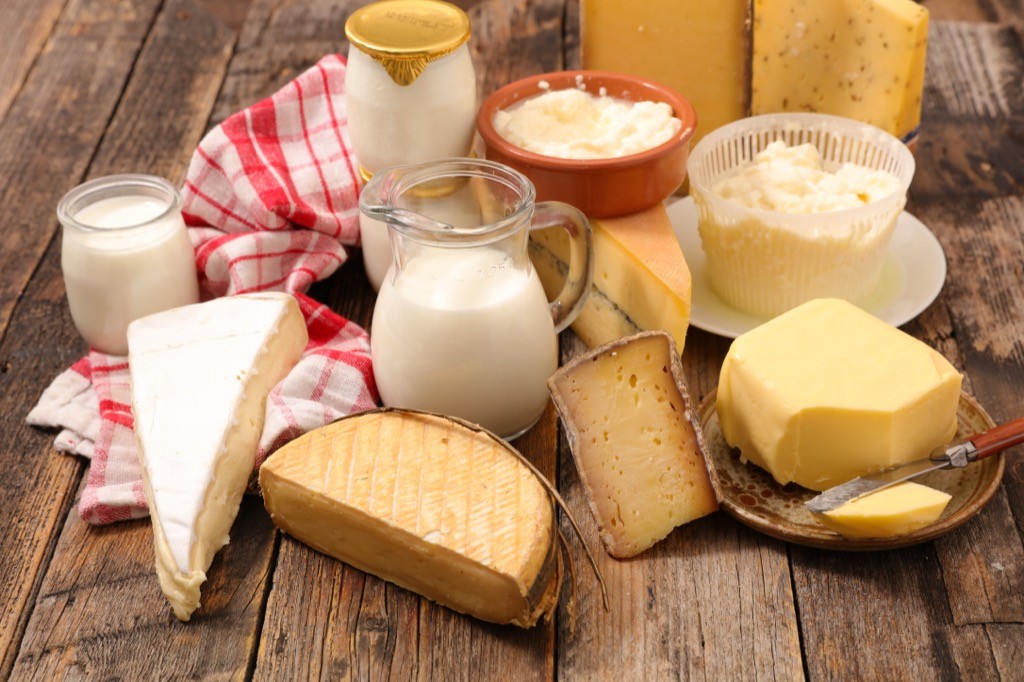
Dairy can be damaged from being stored in the freezer. “Generally speaking, anything that has dairy, or a very high water content, is not going to do well when frozen,” Palak Patel, a chef at the Institute of Culinary Education, tells Martha Stewart. “Freezing these ingredients—or recipes that feature these ingredients up front and center—is going to be disappointing. When you freeze things containing dairy, the fat will separate from the liquid forms in dairy. Separation—or, even worse, curdling—can occur because most common dairy items have been emulsified.”
Change of Texture
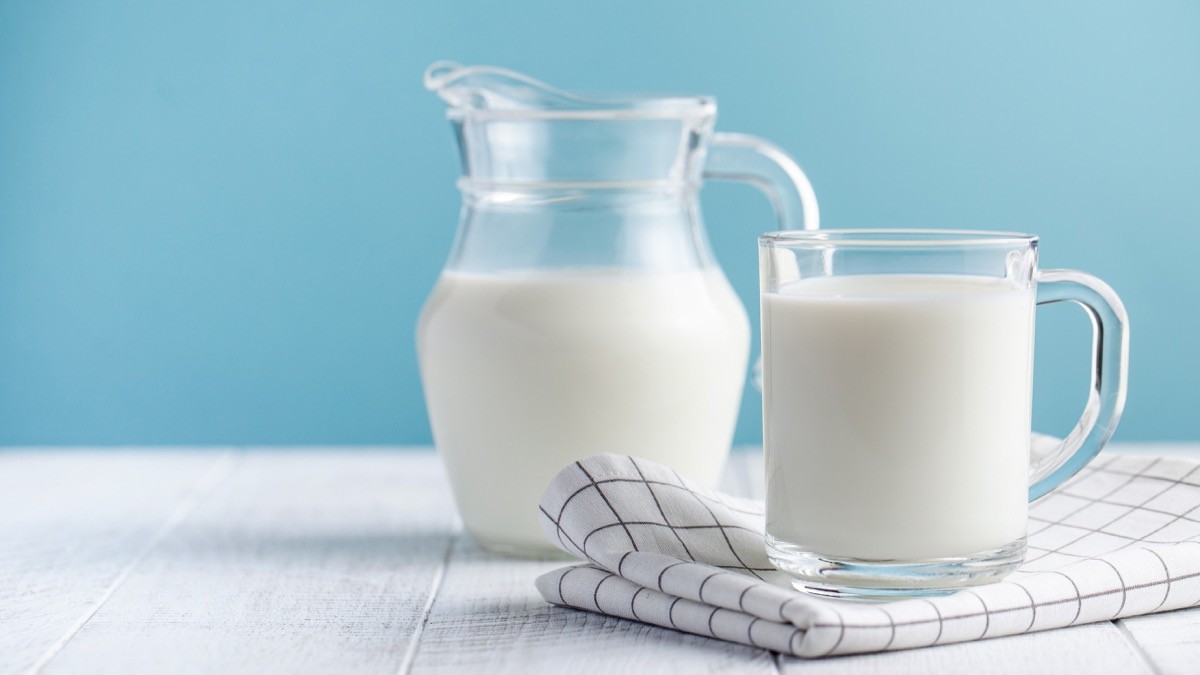
Freezing milk can change its taste and texture, making it fine for cooking but not so much for drinking. Dairy expands as it freezes, so make sure you use the right-sized container.
Freezing Cheese
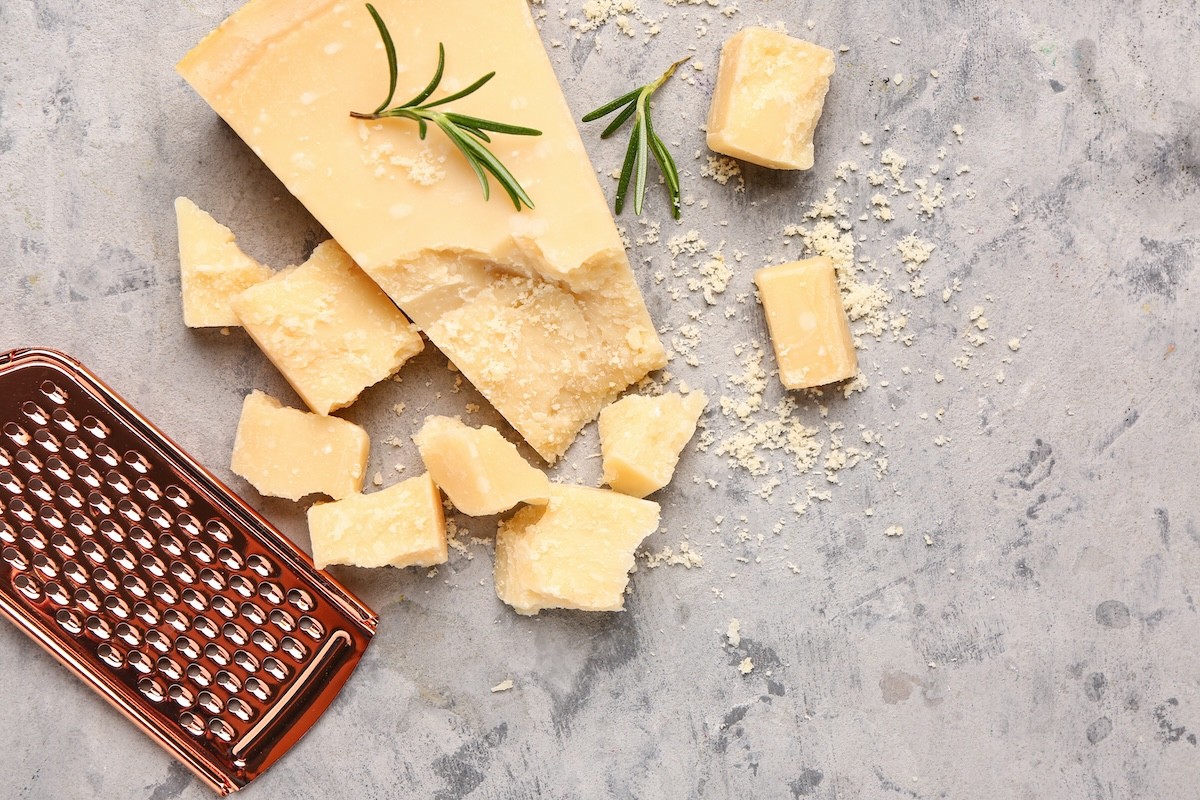
Some cheeses handle the cold better than others. “Semi-soft cheeses like mozzarella, jack-style cheeses and mild cheddar store easily in the freezer, especially when pre-shredded,” says Organic Valley‘s Rootstock. “On the other hand, hard and semi-hard cheeses like aged cheddar or parmesan get crumbly when frozen and don’t produce nearly as delicious results. And extremely soft cheeses like cottage cheese, brie and ricotta should be avoided as they will separate.”
Freezing Yogurt
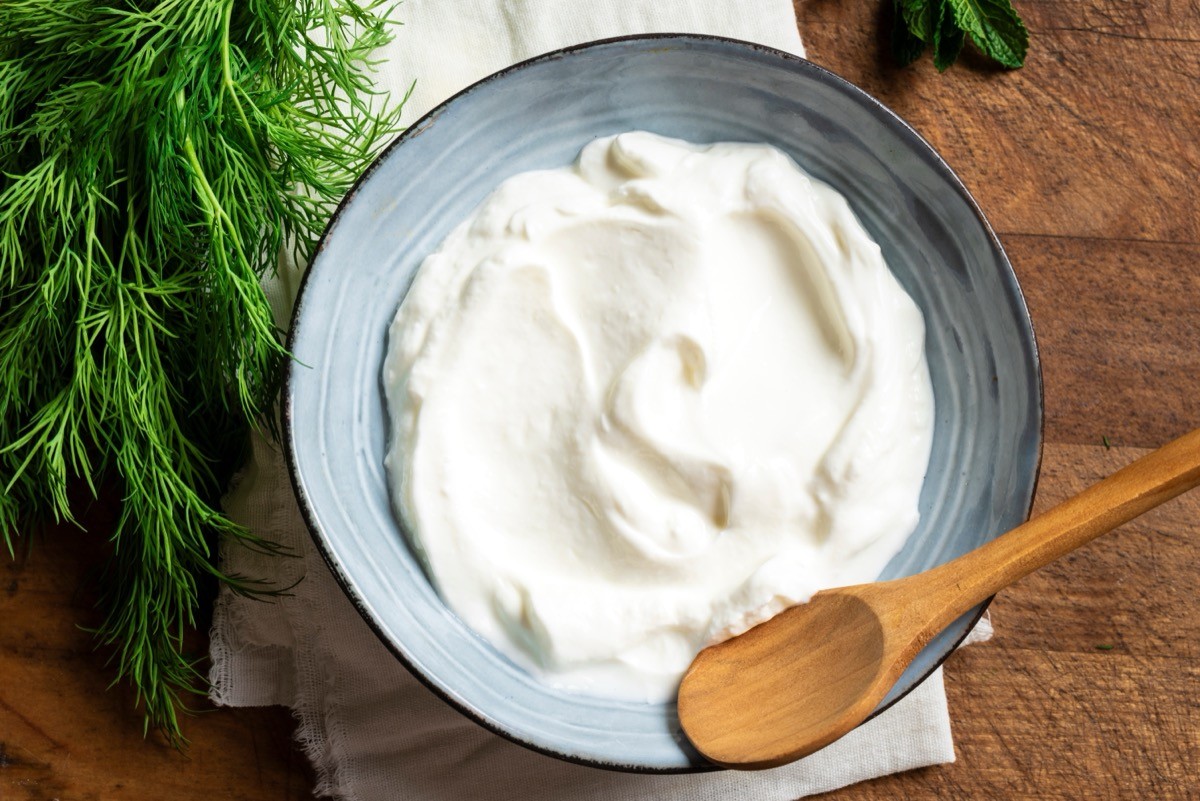
Yogurt does not do well with freezing. “While it can be done, experts (and we at Organic Valley) warn against it because the texture is compromised, and freezing yogurt can kill all the happy little probiotic cultures that make it such a superfood,” says Rootstock. “Trying to freeze it just isn’t worth the loss of pleasing texture or helpful microorganisms.”
RELATED: 13 Worst Things to Store in Your Garage.
Freezing Cream
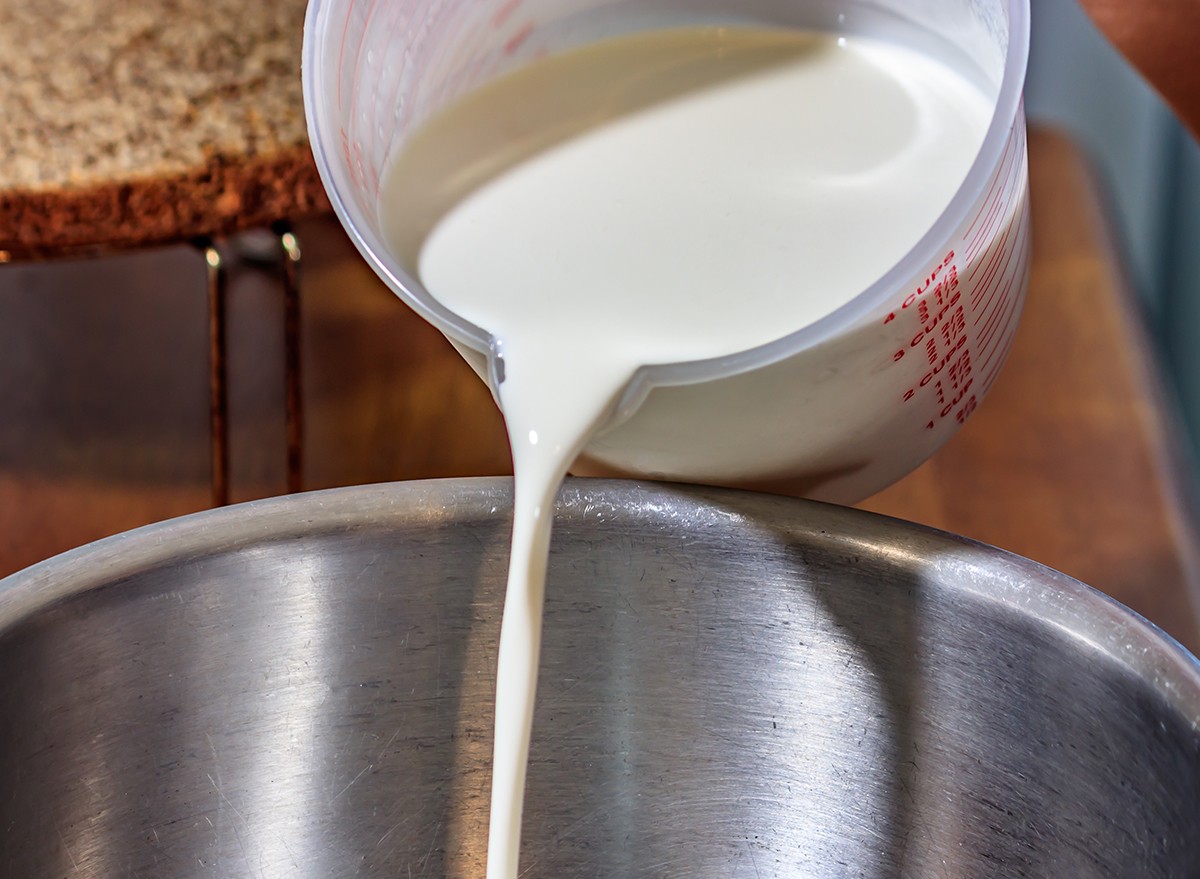
Freezing cream can affect how it’s used when thawed. “Freeze only heavy cream containing 40 percent or more butter fat,” says Julie Garden-Robinson, PhD, RD, LRD, via North Dakota State University. “Lighter cream and half and half do not freeze well. Cream that has been frozen will not whip to the usual volume. Whipped cream can be sweetened to taste and frozen in individual sized portions.”